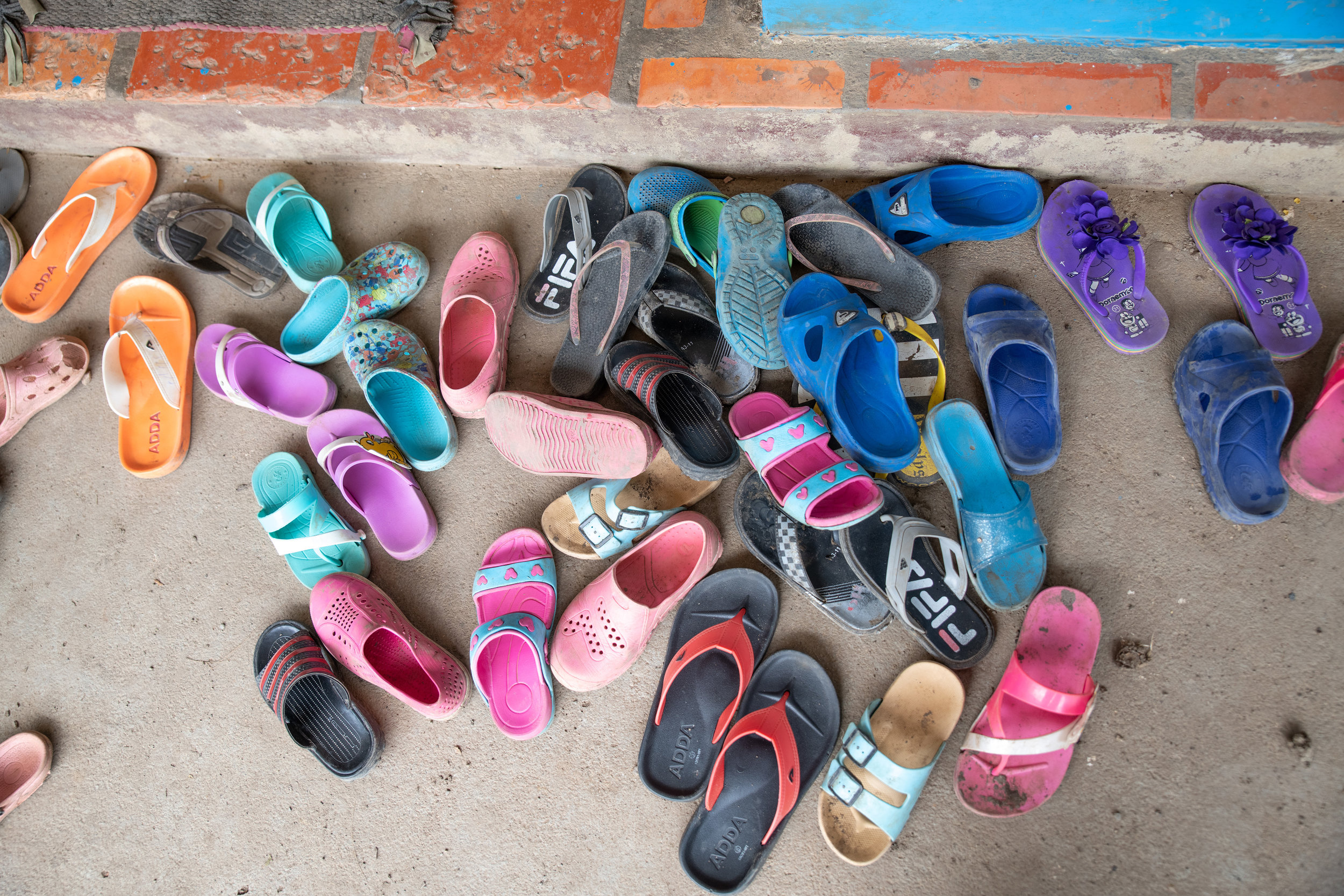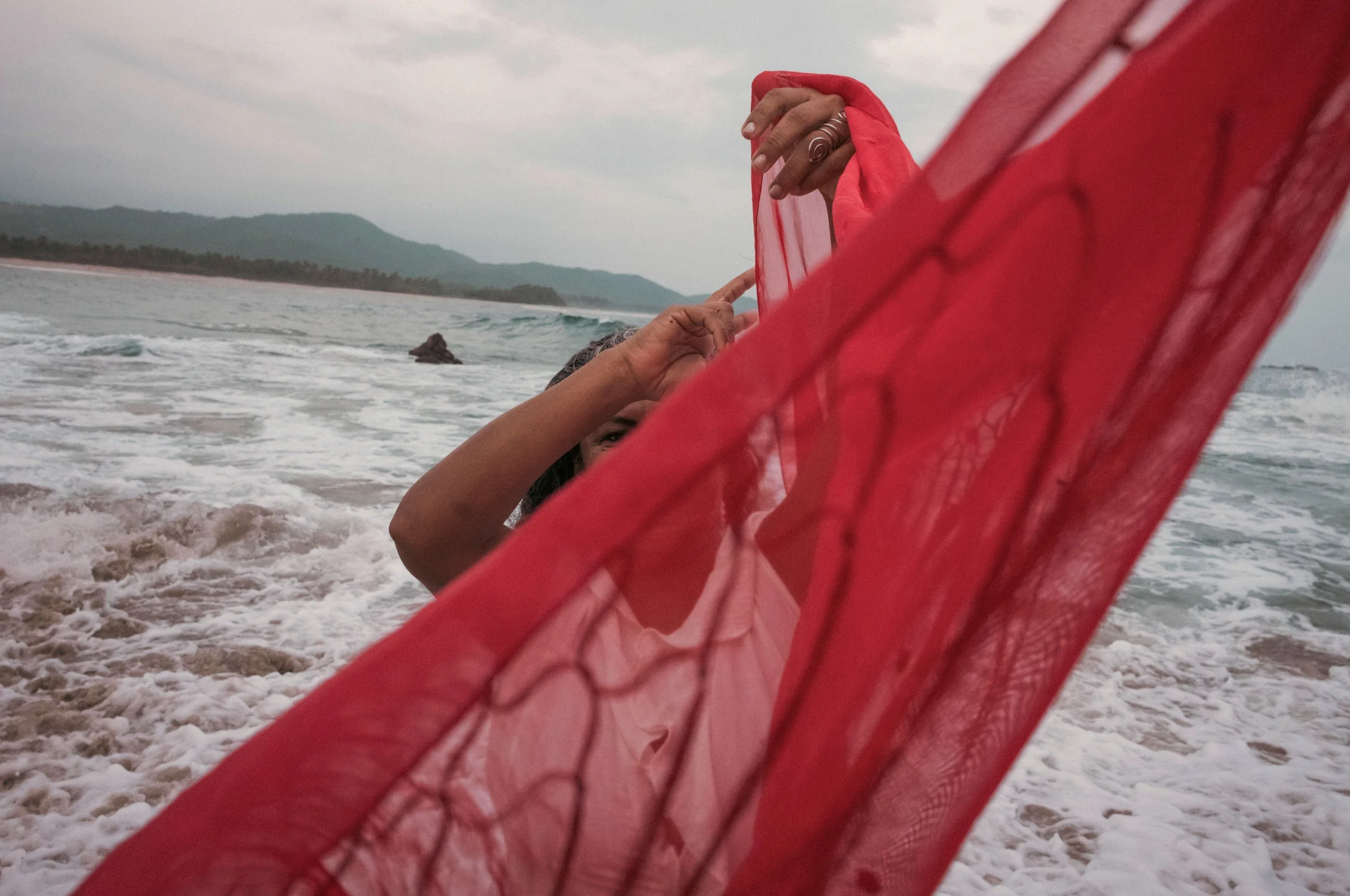Photo by Kathleen Hertel
In recent years, Cambodia has proved to have one of the fastest-growing economies in the world. According to The World Bank, Cambodia has continued an average growth rate of 7.7 percent between 1995-2017, making it the sixth fastest-growing economy in the world. Despite the steady economic advancements in the country overall, certain populations continue to endure setbacks - specifically, children.
Reports from The World Bank in Cambodia state that health and education remain a significant issue in the region, with around 500,000 children under five severely affected by these challenges. Due to a lack of education and vocational training, youth, in particular, do not acquire the skills and training necessary to obtain adequate employment. According to reports from the United Nations Action for Cooperation Against Human Trafficking (UN-ACT), “This often results in irregular and uninformed internal and cross-border migration, rendering migratory job seekers increasingly vulnerable to being trafficked.” Those in search of work are sometimes deceived and exploited by traffickers posing as representatives of labour recruitment agencies.
Photo by Kathleen Hertel
Thach Sokchamroen, who was sold to traffickers at a very young age, understands this all too well.
“I was seven years old when I was trafficked. Everything began the day my mother went to see a fortune teller,” said Sokchamroen in his biography provided courtesy of Damnok Toek (DT), a local NGO with a mission to serve the most vulnerable children in Cambodia. “This man told her that I was a very lucky child, that wherever or with whomever I lived, good spirits were always on my side to protect and help me. Maybe this event motivated my mother to traffick me as she was sure I would be safe.”
Sokchamroen was taken to Thailand, where he was forced to ask for alms on the streets of Bangkok.
“Sometimes my trafficker went away from town and I stayed outside for two or three days without returning home. During these times, I was forced to sleep in a pagoda or in some stalls in the market,” said Sokchamroen.
Photos by Kathleen Hertel
The money he received was always collected by the traffickers. If he tried to buy food for himself, or didn’t bring back enough money, the traffickers would punish him. When he was two years old, Sokchamroen became severely ill with a very high fever, gradually losing function in his leg muscles. After a few months, despite the best efforts of the doctors, he was no longer able to walk. His parents were construction workers, which meant the family moved around constantly in order to find work. The last place Sokchamroen lived with his family was a border-town called Poipet.
Sokchamroen was held by traffickers for two years until he was arrested by Thai police. The authorities initially sent him to prison, before transferring him to a children’s centre. After spending two years living with other displaced children at the centre, Sokchamroen was deported back to Poipet, Cambodia, where he was taken in by DT.
“When we talk about vulnerable children here, we talk about a lot of different cases such as street-living children, street-working children, trafficked children, substance abuse children and children with disabilities,” said Nathalie Nguyen, a representative from DT. “Thanks to Damnok Toek’s work, these children have a chance to access safe shelter care, medical care, counselling and education.”
Photo by Kathleen Hertel
Since the organization's inception in 1997, DT has worked to alleviate the vulnerability children face in Cambodia. With numerous programs in place, the NGO is working on multiple levels to achieve its mission by providing a combination of services and resource in an environment that enables victims of these circumstances to heal, and overcome physical and emotional trauma.
Programs such as the Futures Employment Resource Project, the DT Drop-In Centres in Poipet and Neak Loeung, a new Disability Program in Neak Leung which launched July 2018, and their Phnom Penh shelter centres, which house up to 30 children living with physical and intellectual disabilities.
“In October 2003, Damnok Toek transferred me to Phnom Penh into its new disability program. In this new project I received better health care with regards to my disability,” said Sokchamroen. “In 2005 the Phnom Penh center changed its location to Boeung Keng Kong. In this new center, I went to Lavala school and finished my primary school in only 2 years thanks to accelerated classes.” He went on to graduate high school and obtained a degree in Computer Science and Technology at university. After graduating, DT offered him a job as an administrative assistant in their new center in Kep, which is designed specifically to care for young adults with mental disabilities.
Photo by Kathleen Hertel
“Even if it is not easy every day, I am currently very pleased with my work from which I learn a lot. I want to thank all the people who work for Damnok Toek but especially the Poipet and Phnom Penh team who took good care of me for so many years. They helped me overcome all the obstacles of my life and to become who I am.”
Click here for more on Damnok Toek and how you can support their work.
This article was first published in PWB Magazine #12, on sale now.


















